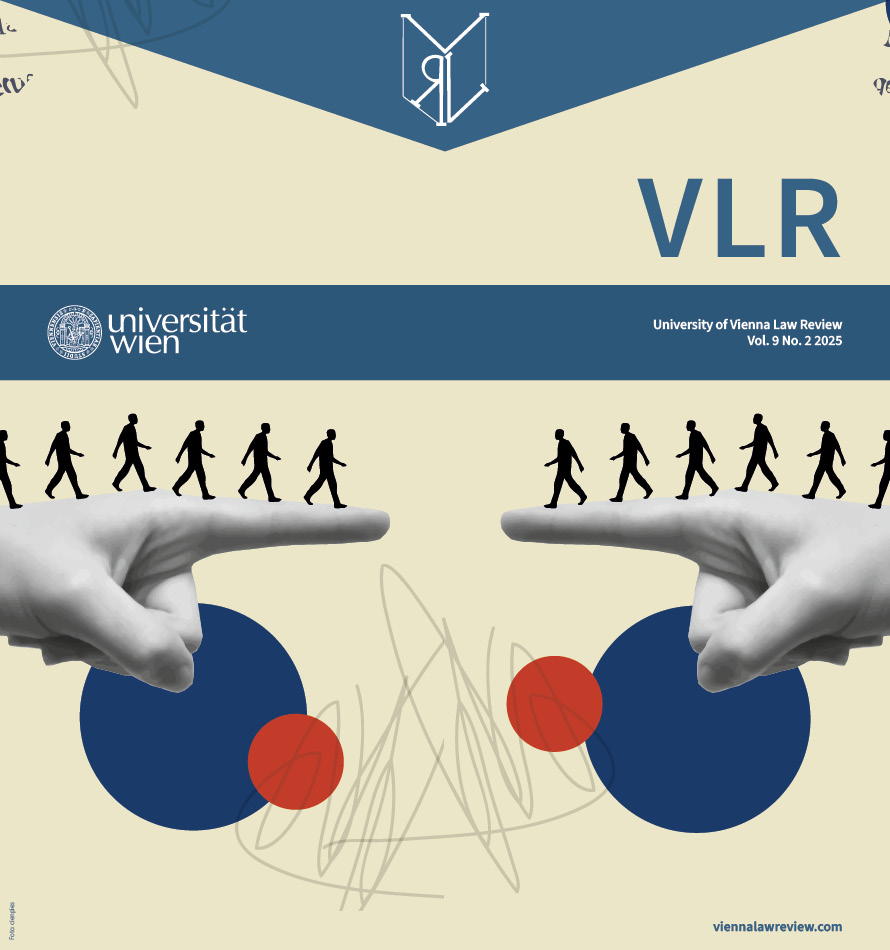Challenging the Global Herrenhaus
The Unending Quest to Democratize International Relations Within, and Beyond, the United Nations
DOI:
https://doi.org/10.25365/vlr-2025-9-2-21Schlagworte:
theory and history of international law, democracy and international law, law and polarization, United Nations reformAbstract
Who speaks for the peoples of the world? National polities usually have defined institutional arrangements in relation to who speaks on behalf of its “people”—centralized legislative bodies, chief among them. But when it comes to the elusive “international community,” a difficult question continues to haunt us: who speaks for “the international”? In the twentieth century, an approach taken to this problem was to draw from the model of the European domestic parliament to “democratize” international relations. Indeed, the League of Nations and its successor institution, the United Nations (UN) have aspired to serve as a sort of inchoate “global parliament.” But the creation of these institutions did not bring about “global democracy.” In fact, these organizations were created with both “upper” and “lower” chambers of deliberation, with powers of decision slanted clearly in favor of the former. For that reason, it is not surprising that the unequal prerogatives of the “Great Powers” in the UN’s Security Council —and before it, the League Council— have raised remained a controversial issue in international affairs. In my article, I trace a history of these debates, arguing that the quest to democratize the world order is still very much an unfinished one.
Downloads
Veröffentlicht
Ausgabe
Rubrik
Lizenz
Copyright (c) 2025 Daniel R. Quiroga-Villamarín

Dieses Werk steht unter der Lizenz Creative Commons Namensnennung - Nicht-kommerziell - Keine Bearbeitungen 4.0 International.
All articles are licensed under the Creative Commons License CC BY-NC-ND. A summary of the license terms can be found on the following page:
https://creativecommons.org/licenses/by-nc-nd/4.0/
Authors retain copyright without restrictions.


